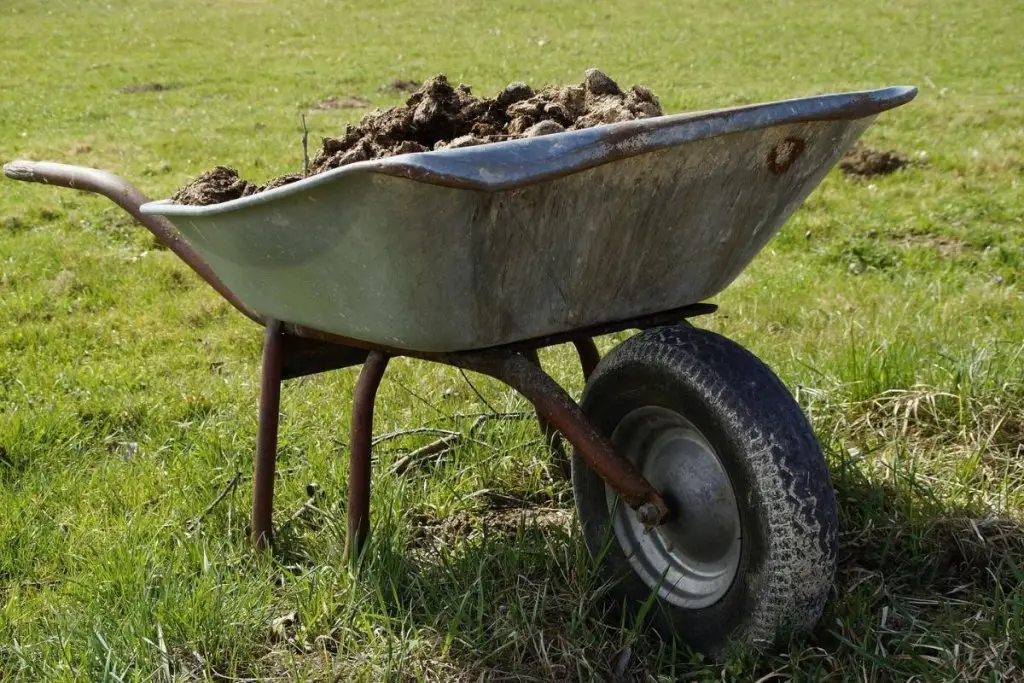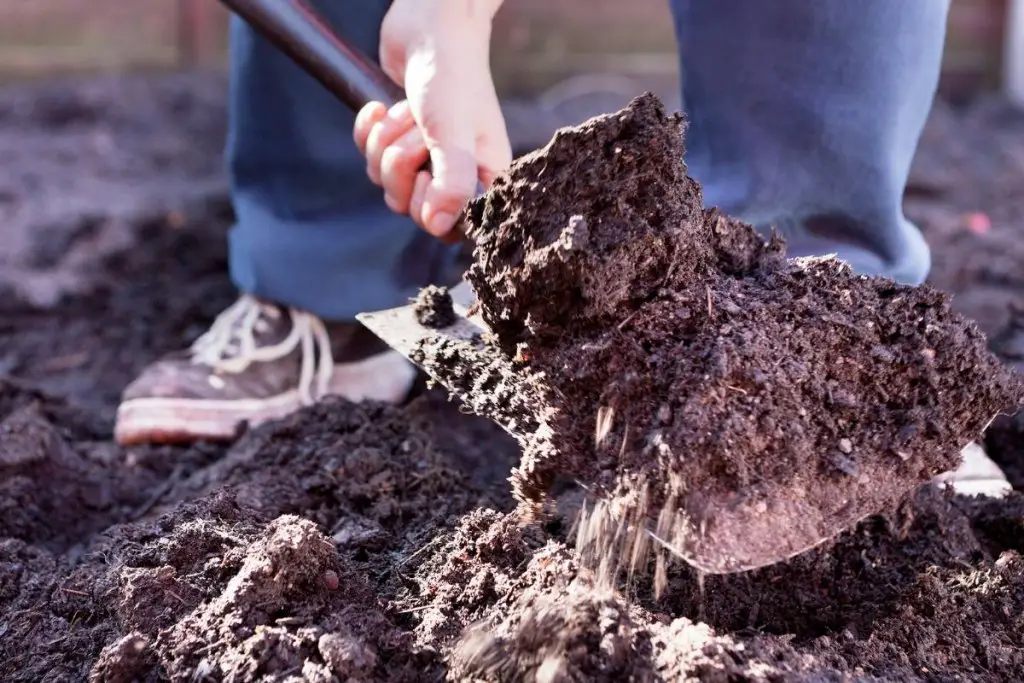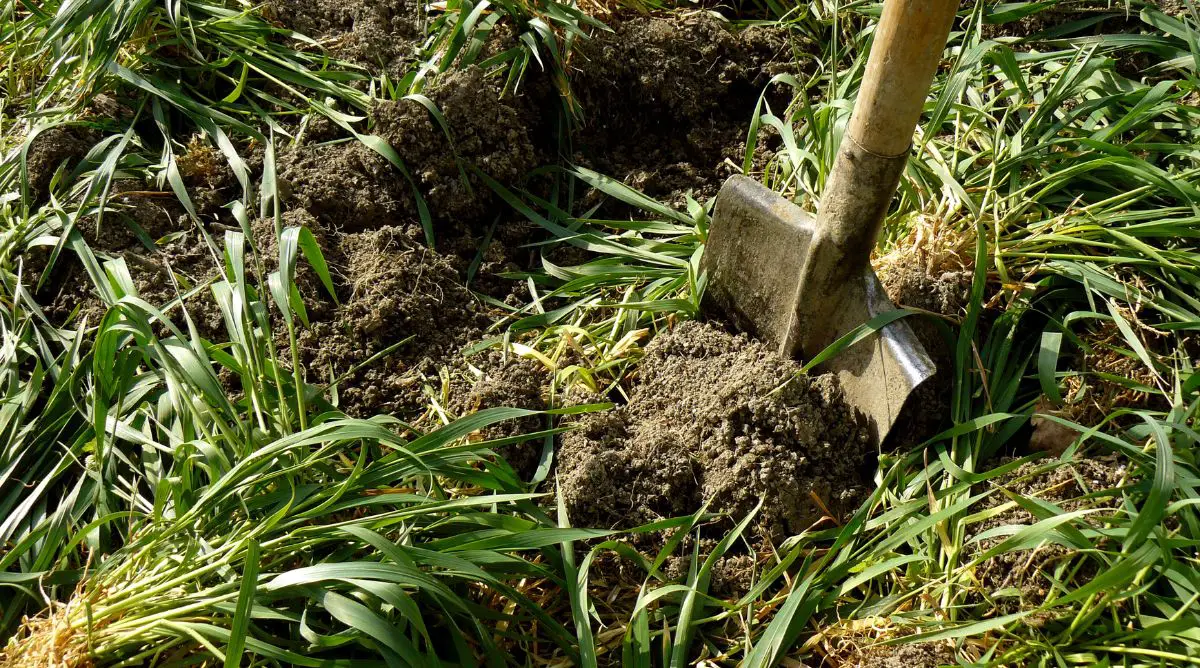Composted sheep manure adds macronutrients, resists pests and diseases, and prevents stem breakages. From improving soil structure to making crops drought-resistant, sheep manure protects plants and helps them grow faster.
Table of Contents
What Is Sheep Manure Used For?

- Adding macronutrients to soil: Sheep manure supplies macro-nutrients that enrich soil over time.
- Improving soil structure: The organic matter in sheep manure enhances the porosity, texture, structure, acidity, drainage, and aeration of soil. The gradual release of nitrogen feeds plants longer.
- Preventing stem breakages and bending in crops: Composted sheep manure contains a high concentration of potassium. Potassium can help develop strong plant cell walls, which prevents stem breakages and bending in crops.
- Feeding soil microorganisms: Microorganisms thrive as they break down organic manure. Earthworms also promote soil quality.
- Resisting pests and diseases: Sheep manure contains high amounts of phosphorus. Aside from promoting strong roots, stems and healthy flowers and fruits, phosphorus makes crops more resistant to pests and diseases.
- Drought resistance: Potassium is responsible for regulating water intake. More potassium means greater drought resistance in plants.
- “Top dressing” manure: Unlike hot manure from horses, chickens and pigs, well-aged sheep manure is a cold manure that emits little or no odor (and won’t burn roots). It also has no harmful pathogens, making it a good top dressing fertilizer for your vegetables and lawn grass.
- Organic mulch: Composted sheep manure includes decaying matter from hay, sawdust, urine and sheep pellets. Using it as mulch traps moisture, insulates roots against extreme heat or cold, and suppresses weeds.
- Improving sandy soils: Due to its large particles, sandy soil is poor in retaining water and nutrients. Sheep manure improves the nutrients, moisture, and permeability of sandy soil.
- Improving clay soils: Thick, heavy clay soils aren’t great for farming. They don’t drain water properly and hinder the spreading of nutrients. Sheep manure contains microbes, insects and worms that create spaces in soil particles, making it lighter and porous.
- Cost-effective fertilizer: Unlike commercial options, you can easily compost sheep manure at home. When you sweep your barn, collect and compost your sheep dung to make this soil conditioner at no extra cost.
Is Sheep Manure Safe To Use?
Yes, sheep manure is safe to add to soil. As a fertilizer, it is nutrient-rich and helps grow healthy plants.
Sheep manure is a cold manure, meaning it contains lower nitrogen and higher carbon content than hot manures from animals like cows and horses. This means it won’t burn the roots or seeds of your plants. Burning from hot manures can lead to stunted growth or may kill your crops.
What Does Sheep Manure Contain?
Composted sheep manure is rich in nitrogen, phosphorus and potassium.
- Nitrogen boosts the growth of healthy leaves and stems.
- Phosphorus reinforces the development of strong roots, flowers, seeds and fruits. This macro nutrient makes crops pest-resistant.
- Potassium promotes chlorophyll production, regulates water intake to promote drought resistance, builds firm cell walls, and converts nitrogen into plant proteins.
Aside from these three components, sheep manure also has traces of calcium, sulfur and magnesium. These are crucial for distributing minerals, preventing brittle and discolored leaves, and regulating soil acidity.
What Is The Best Way To Use Sheep Manure?

Here is the most common process for using sheep manure:
- Start with well-aged sheep manure. Fresh manure could be infectious. The composting process kills harmful pathogens, and parasites such as E.coli and Salmonella.
- Put a layer two inches deep on your garden or lawn bed.
- Using a shovel, mix it into your soil while digging up to 6 inches deep. When organic, slow-release fertilizer gets deeper into the soil, plants have a chance to absorb the nutrients gradually.
How Do You Make Sheep Manure Tea?
Sheep manure tea is a nutrient-rich liquid made from composted manure and water. It is applied to crops with a watering can or sprayer.
Here’s how to make sheep manure tea:
- Step 1: Mix manure with water in a container (1/3 manure, 2/3 water).
- Step 2: Keep the mixture for two or three days. Remember to stir once or twice a day.
- Step 3: After three days, sieve the liquid. Leave the manure particles. The resulting liquid should be a pale shade of yellow and brown.
- Step 4: Dilute the manure tea. Use a watering can or sprayer to apply it to leaves or at the plant base.
Is Sheep Manure Better Than Cow Manure?
Sheep and cow manures are both great organic fertilizer options. Both animals have ruminant digestive systems and produce relatively similar manure. Sheep manure is relatively higher in nutrients, making it more efficient for adding nitrogen, phosphorus, and potassium to soil.
The ratio of nitrogen, phosphorus, and potassium in each is:
| Nutrient | Cow Manure | Sheep Manure |
| Nitrogen | 0.6 | 0.7 |
| Phosphorus | 0.2 | 0.3 |
| Potassium | 0.5 | 0.9 |
How Much Sheep Manure Do I Add To The Soil?
Mix one part manure with three parts soil when planting on flower and vegetable beds. Apply twice a year to your flower gardens or farm between spring and autumn. The nutrients last up to 12 months in the soil.
As a rough guide, use 40 pounds of manure per 100 square feet of sheep manure (without bedding) and 50 pounds per 100 square feet (with hay/sawdust bedding).

